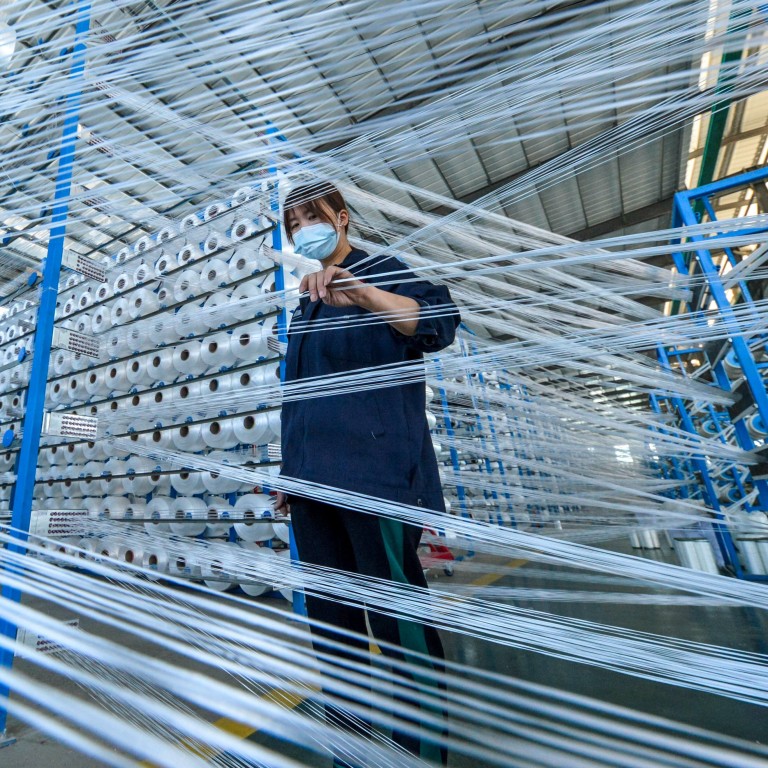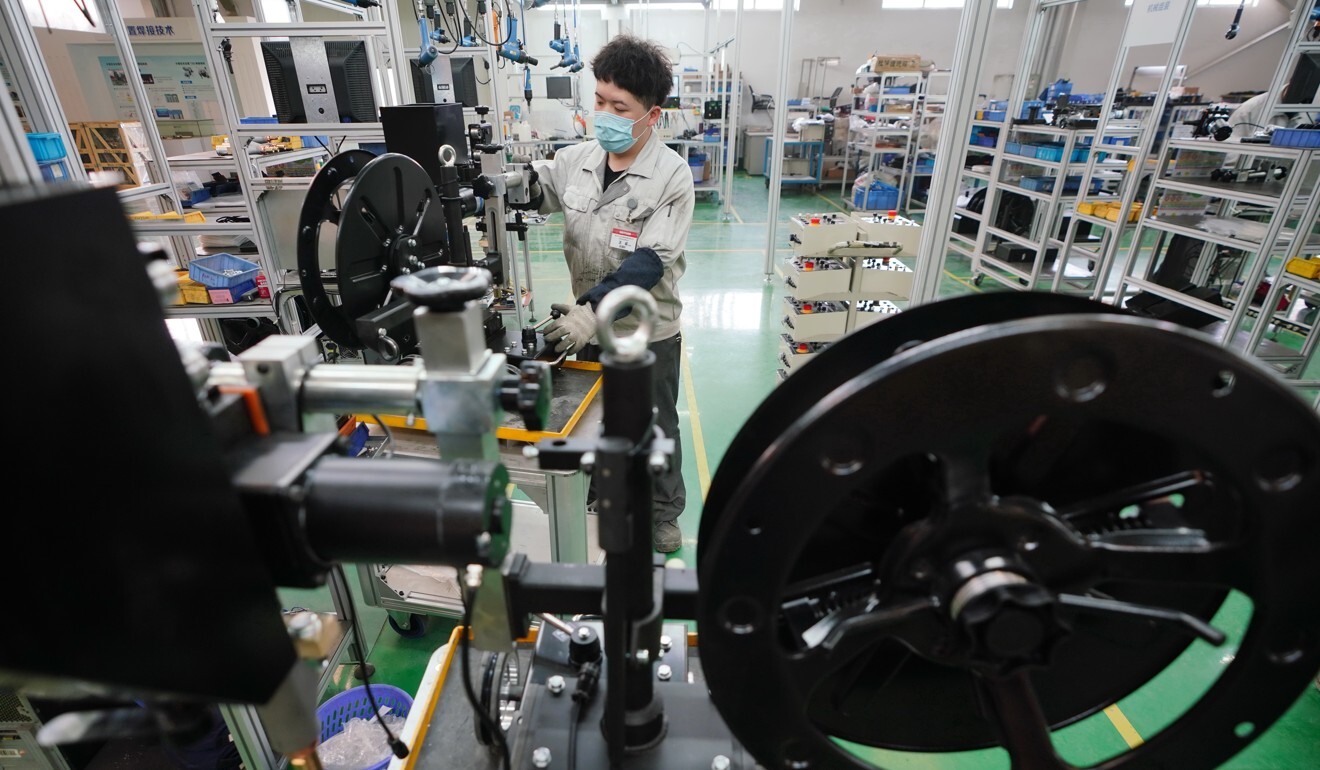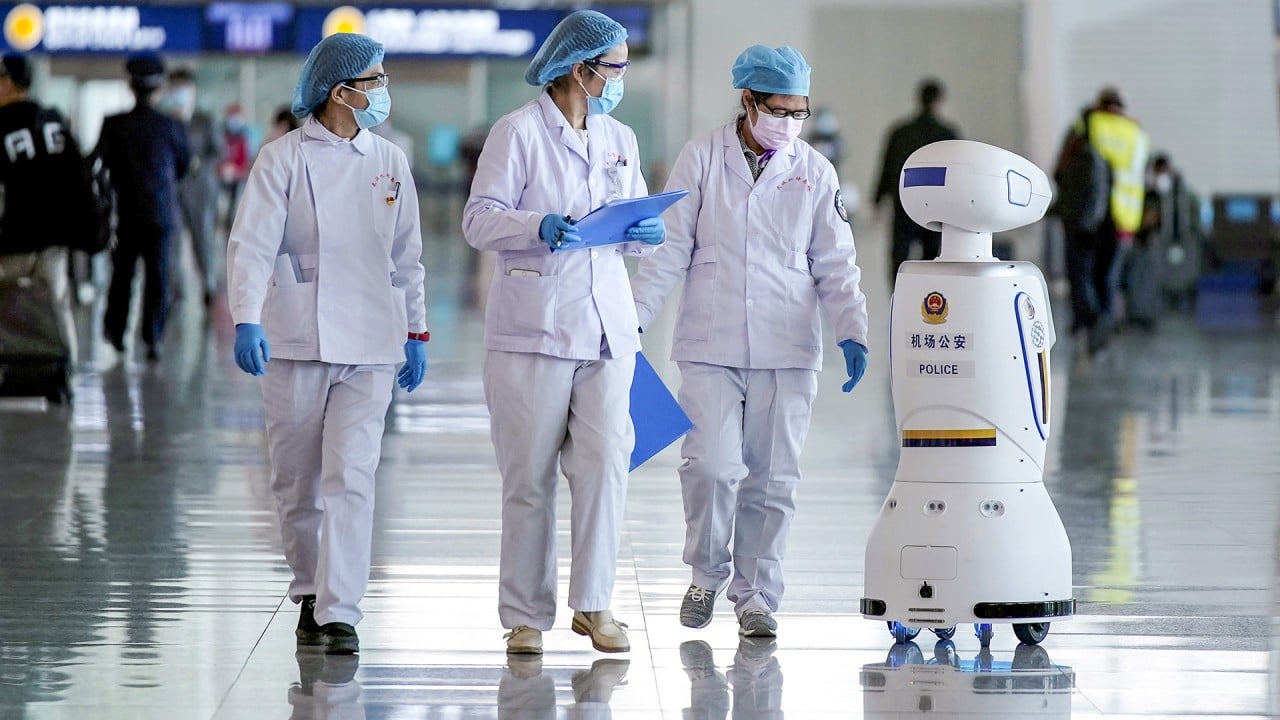
Inside China Tech: with India’s app bans and US reshoring, are Chinese tech lifelines being cut?
- India bans 59 Chinese mobile apps, including TikTok and WeChat, amid border disputes
- US companies looking to reshore manufacturing out of China amid worsening bilateral relations and the pandemic
Hello, this is Melissa Zhu from SCMP’s tech desk in Hong Kong with a round-up of some of our most important stories this week.

03:08
India bans dozens of Chinese apps, including TikTok and WeChat, after deadly border clash
For Chinese tech firms, there is a lot on the line. India, the second-most populous country in the world after China, represents a huge market for many companies.
Find out more about how India’s app ban might affect major Chinese tech players:
China’s tech sector quietly assesses India’s ban on TikTok, 58 other apps

04:43
Viral Indian TikTok star says followers ‘can’t stop crying’ due to Indian government ban
Offshoring in reverse
While India’s app ban might have thrown a spanner in the works for some Chinese tech firms’ global expansion plans, the industry is also facing the potential exit of more international companies looking to reshore manufacturing out of China amid worsening diplomatic relations and pandemic-related pressures.
Although Trump's desire to save US blue collar jobs is often cited as one reason behind reshoring, it is often cheaper for companies to make many products in Mexico, China and other countries.
But automation could help offset relatively higher wages in the US. While such technology could entail a high upfront cost, Pedro Palandrani, a research analyst at finance and research firm Global X, estimated in a recent study that it will take less than two years on average for an American factory deploying robots to reach break-even point, matching traditional labour costs, before enjoying gains in efficiency.

“Over the last 30 years, the average price of a robot has fallen by more than 50 per cent in real terms while labour costs have increased over 100 per cent,” he said. “The economics will become more attractive as the cost of robotics falls and labour costs continue to rise.”
Some experts also see reshoring as a natural economic rebalancing process, with a greater proportion of foreign money pouring into China going into its hi-tech sector while labour-intensive industries move to other parts of the world.
China’s ascension in areas such as artificial intelligence and telecommunications is, of course, still challenged by US sanctions cutting it off from major suppliers.
Read the full story for what experts have to say about that:
How far can reshoring and decoupling go given interconnected supply chains?
Back in service
You might not have heard of it, but the Shanghai-listed firm was the world’s third-largest server vendor in terms of both shipments and revenue in 2019, according to research firm IDC.

03:07
China’s hi-tech industries capitalise on Covid-19 pandemic health care needs
Inspur did not immediately respond to the Post’s requests for comment.
More about Inspur in the full story:
Intel resumes sales to Chinese server giant Inspur after suspension
That’s it for this week!

